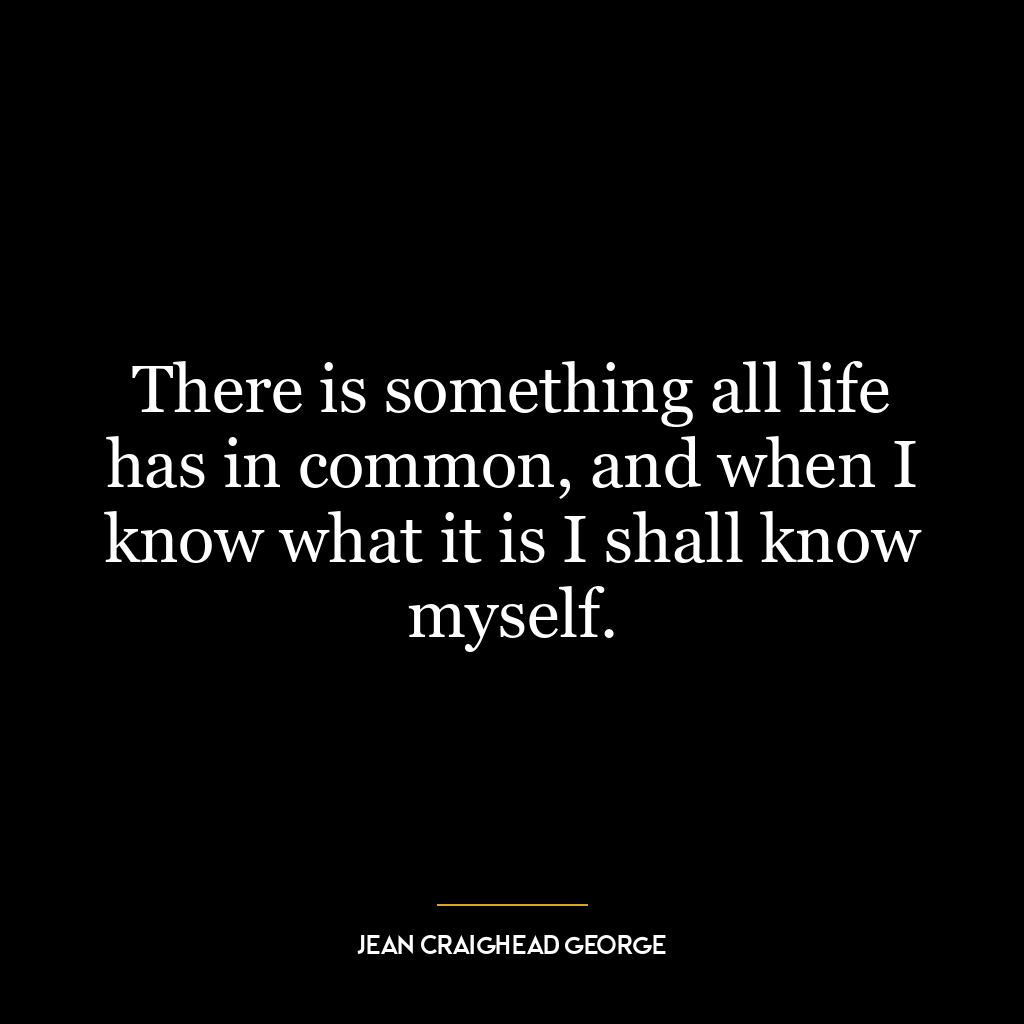You will not pit one word of God against another word of God.
This quote suggests that all of God’s words, or teachings, are equally important and should not be used to contradict each other. It underscores the idea that divine wisdom is harmonious and consistent; it does not contain contradictions. If there appears to be a contradiction or conflict between two aspects of God’s word, it may mean that we have misunderstood something.
In the context of religious texts, this could mean interpreting different passages in a way that they support rather than contradict each other. It’s about finding harmony in religious teachings rather than using one part to undermine another.
Applying this concept to today’s world could involve refusing to use religious texts as weapons for division or discrimination. Instead of cherry-picking certain verses or phrases from holy books to justify hatred or prejudice against others, we can strive for holistic understanding and application of these texts.
In personal development, one might apply Gandhi’s message by ensuring consistency in their values and actions. Just as we shouldn’t pit one word of God against another, we shouldn’t let our actions contradict our beliefs. This means living with integrity—our actions aligning with our principles—and avoiding hypocrisy—wherein our behaviors contradict what we claim to believe in.
Furthermore, this quote invites us towards unity – within ourselves (personal integrity), within our faith communities (consistent interpretation), and within society at large (not using religion as a tool for division).
So whether through religious interpretation or personal development – the essence remains the same: strive for harmony and consistency instead of sowing seeds of discord through selective interpretation or hypocritical behavior.










